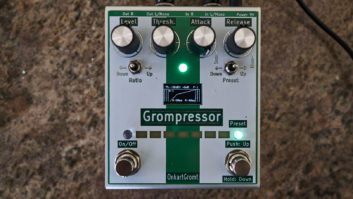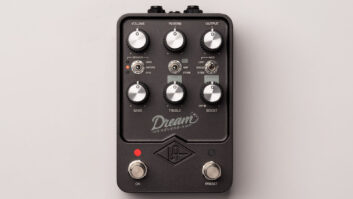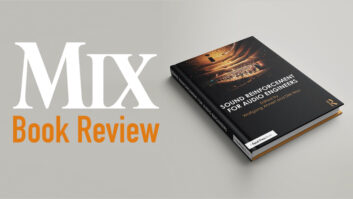Stephen Davis’s 1985 Led Zeppelin tell-all, Hammer of the Gods, pretty much defined the modern rock biography, so it was a bit of a surprise when he returned to the band’s history for his recent tome, LZ-’75: The Lost Chronicles of Led Zeppelin’s 1975 American Tour.

The book’s name—and the impetus behind it—stem from the same item. Davis collected a box full of reporter notebooks (one labeled LZ-’75), interview cassettes, backstage passes and more as he spent months on the road as part of the band’s entourage, covering the tour for, of all magazines, The Atlantic. Naturally, a box like that proved to be a goldmine of information when he wrote Gods—except that it wasn’t. He had misplaced the box and didn’t find it until 20 years later, in 2005. Unearthing the accidental time capsule provided him with fresh insights and details about the tour, capturing the time and place from an unusually insider perspective, and so another book was born.
A troubled venture from the start—one that found the band both homesick and physically sick for most of its run—the 1975 tour proves to be fairly rich territory to mine. There’s the grand quest to get interview face time with Jimmy Page, a mission that involves stealing from famed Naked Lunch scribe William S. Burroughs. There’s John Bonham’s 3AM drum sessions in his hotel room, told from the P.O.V. of Davis (not) sleeping in the room beneath him. And, of course, there’s all the other extras one expects in a rock bio by Davis: groupie activities, occasionally outrageous behavior (usually Bonham’s doings), a few celebrity appearances and so forth.
As might be expected in a mainstream rock bio, there’s precious little attention given to the tour’s audio aspects. Usually they only garner a mention when something goes wrong, such as power to the stage going dead during a Chicago concert, or issues during a show in Long Beach, CA:
…the sound system started to fail. There were 26 microphones onstage, 12 on the drums alone. A hundred eighty speakers could deliver 120 decibels of rock thunder, and things were bound to go wrong despite the subsequent rage of Peter Grant [the band’s manager]. Soon the sound techs and roadies began crawling around the stage, trying to stop the keyboard amps from buzzing. There was a loud banging noise coming from behind the drums after “Kashmir,” and Robert told the audience that someone was building a henhouse backstage. “No,” yelled Bonham. “They’re building a f—ing s—house.”
Depth isn’t perhaps the book’s strong suit. Then again, that’s not why people read these things, and for the reasons they do, the small tome serves up plenty of what they want in a quick-moving and entertaining read. In fact, the only obvious omission is that, given that Davis spent months with the band for his article, it’d be fascinating to read the actual piece—particularly since The Atlantic ultimately never ran the story. To compare Davis’s 1975 article with the book-length recounting of the same tale would be a fascinating exercise, but maybe that will have to wait for the day when someone writes a tell-all about Davis.
LZ-’75 (Paperback) on Amazon:
http://amzn.to/oKoHLP







